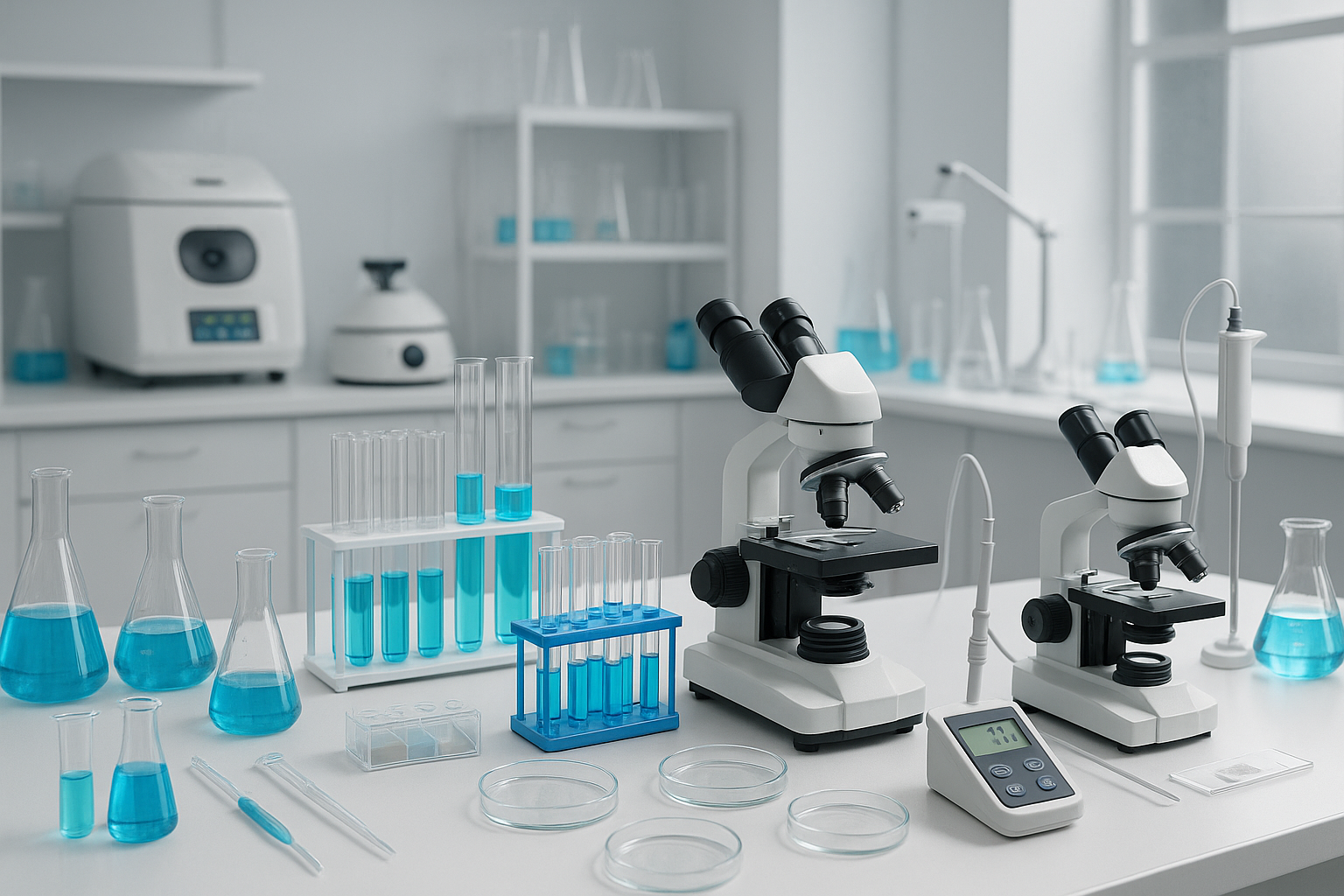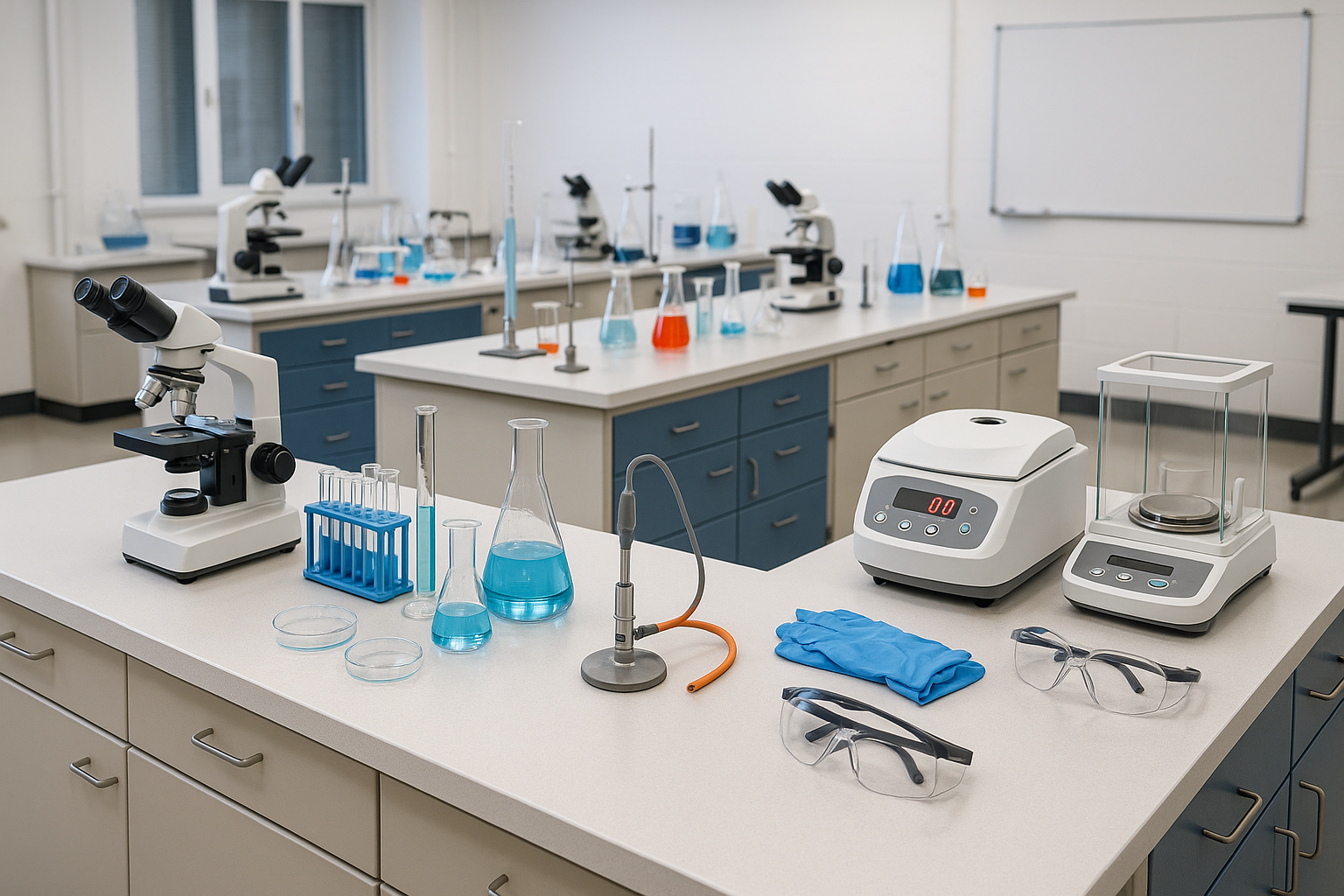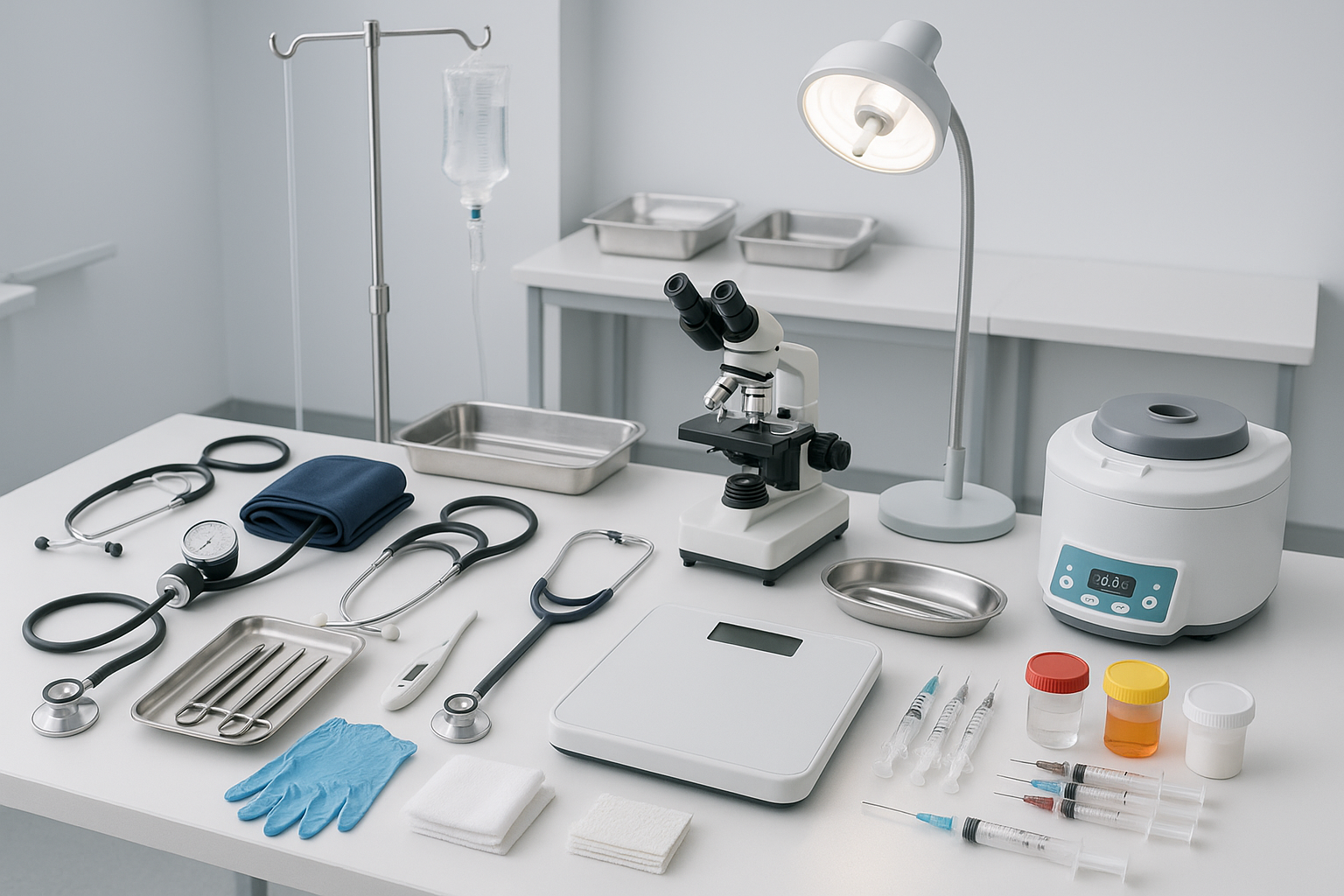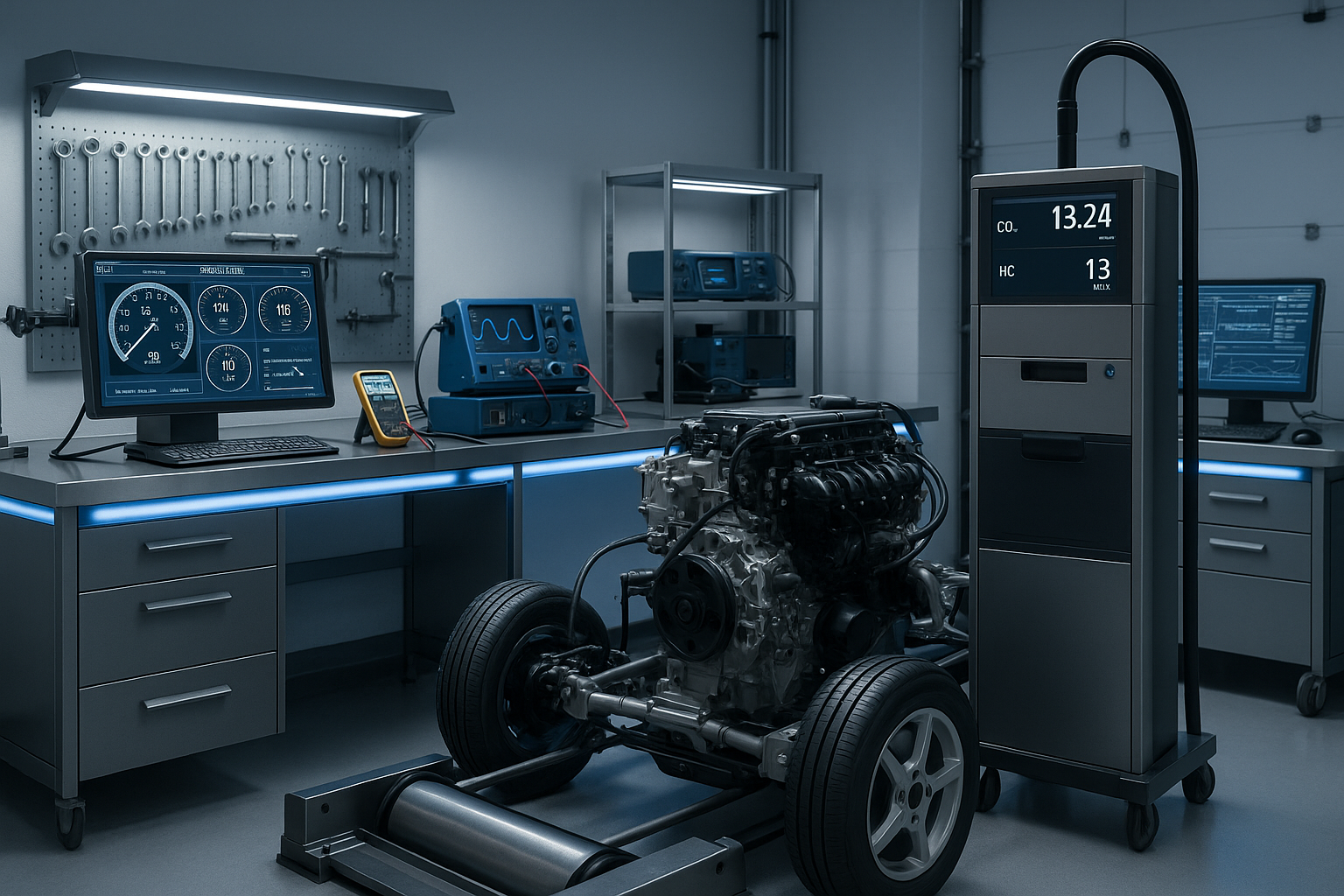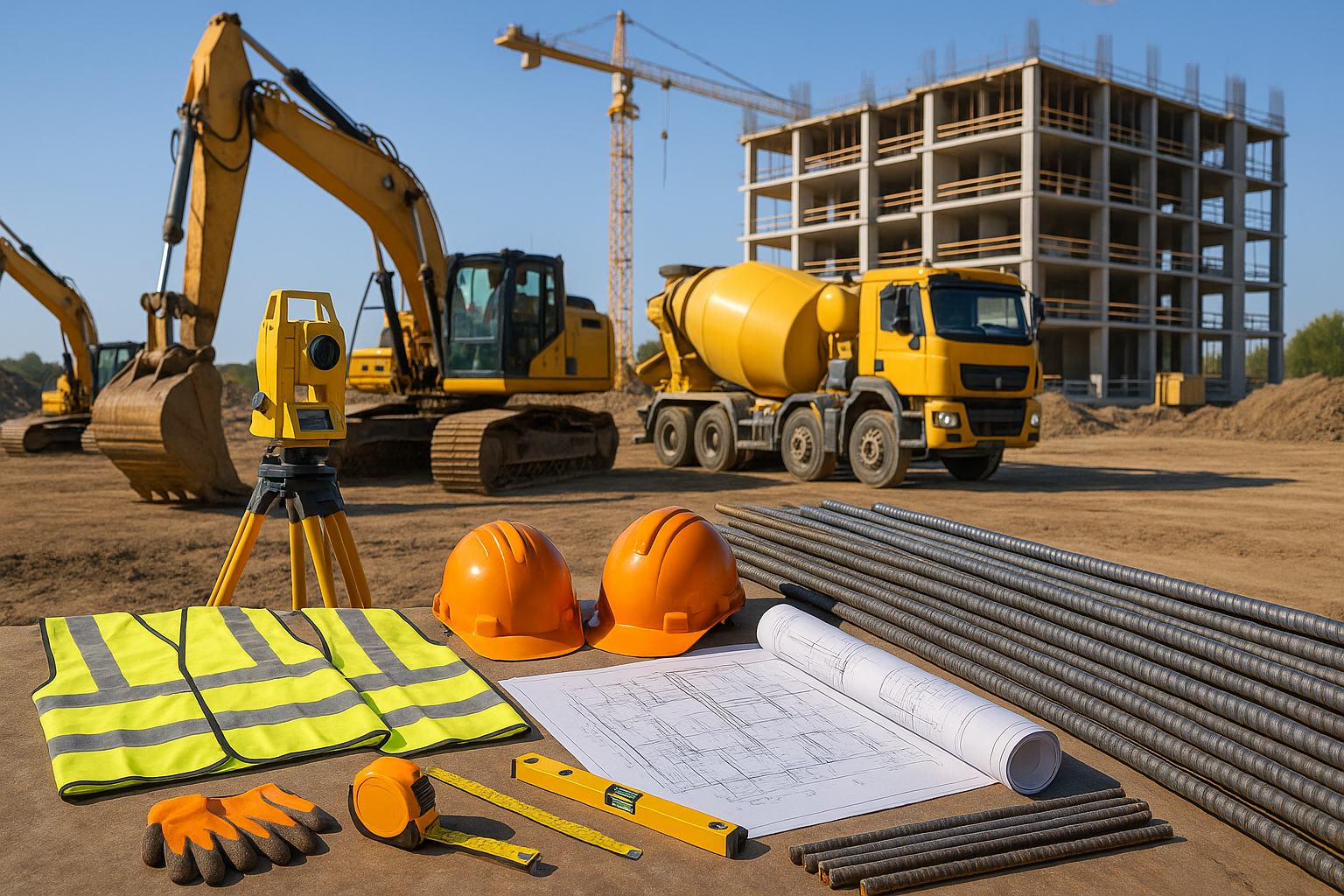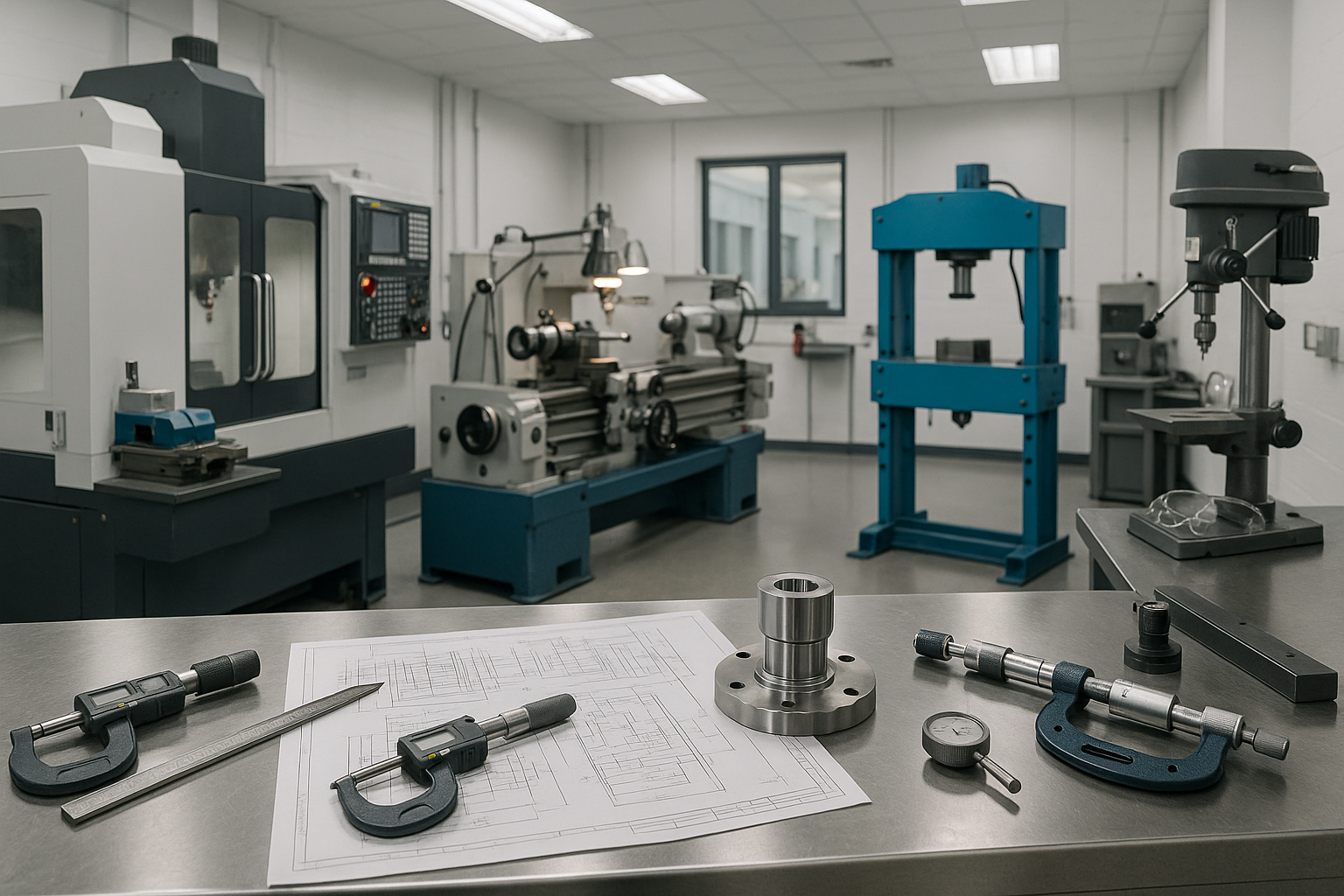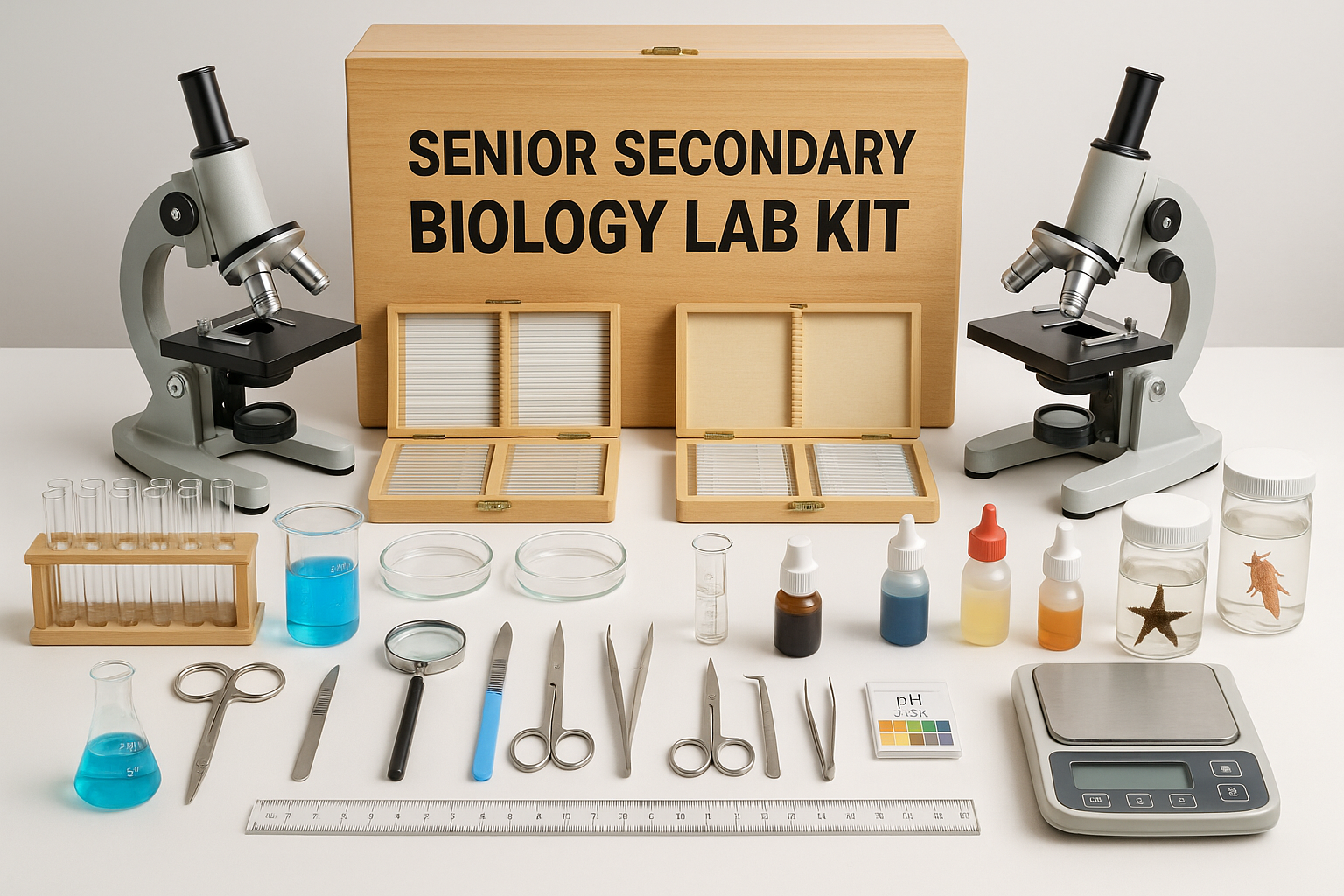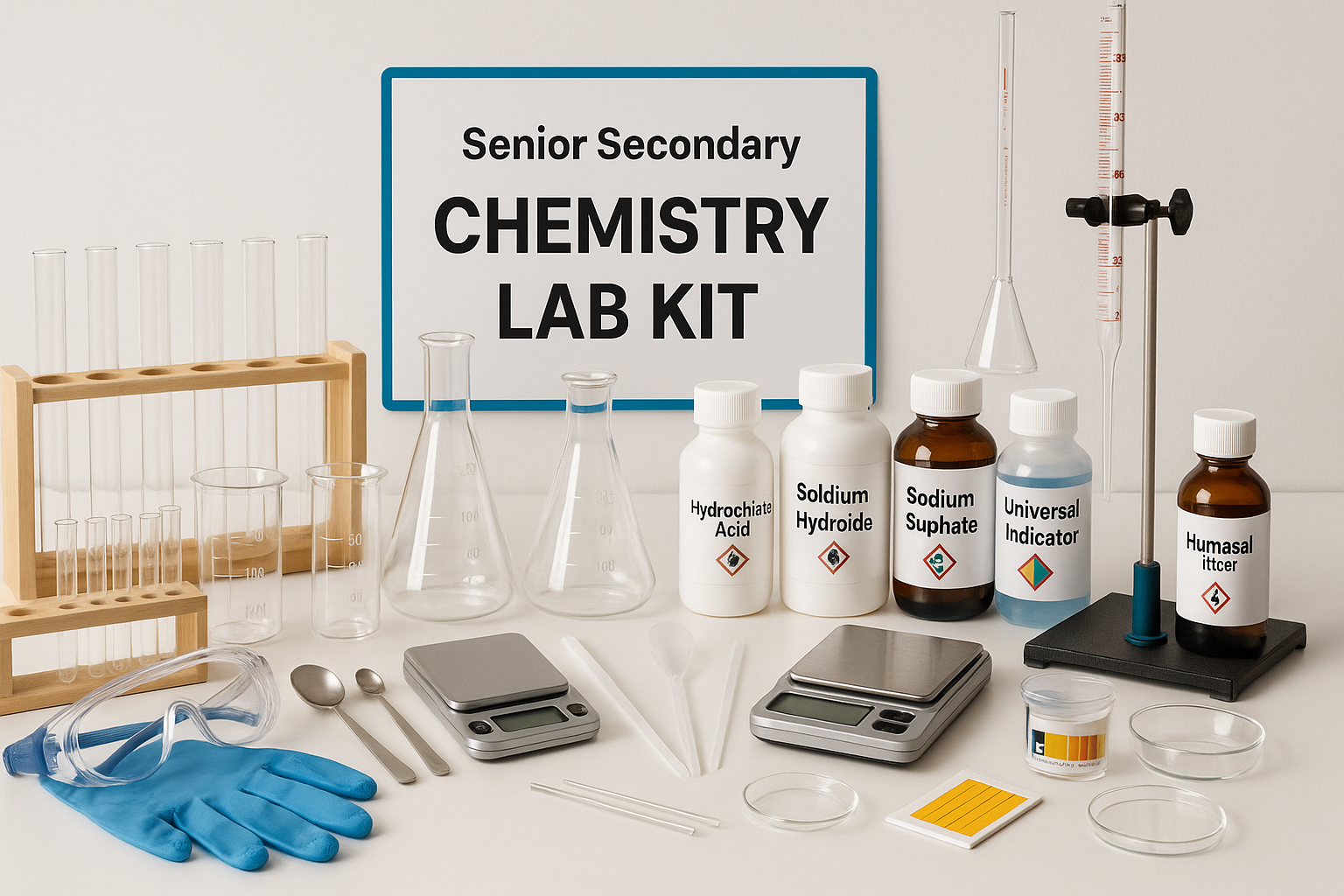Laboratory Equipment Essential for Every Laboratory Apparatus
Laboratory equipment is fundamental to the successful operation of any laboratory. Regardless of the type of scientific or research facility, having the right laboratory equipment ensures that experiments are conducted efficiently, safely, and accurately. From basic tools to advanced technology, laboratory equipment encompasses a vast array of apparatus, including but not limited to glassware, measurement instruments, safety gear, and specialized machines. In this article, we will delve into the essential laboratory equipment needed for every laboratory apparatus and explain their significance in scientific research.
In the world of scientific research and experimentation, laboratory apparatus plays a crucial role. These tools and equipment are essential for conducting experiments, analyzing samples, and gathering data in a controlled laboratory environment. Whether you're a seasoned scientist or a curious student, understanding the various laboratory apparatus and their functions is vital.
One of the most common pieces of equipment found in laboratories is the beaker. Beakers are cylindrical containers with a flat bottom and a spout for pouring liquids. They come in various sizes and are used for mixing, heating, and holding liquids during experiments. Test tubes, on the other hand, are small cylindrical tubes with rounded bottoms. They are ideal for holding and examining small quantities of liquids and solids.
Microscopes are another critical apparatus in laboratory settings. They enable scientists to magnify and observe tiny objects or organisms that are otherwise invisible to the naked eye. Microscopes are widely used in fields such as biology, microbiology, and pathology, allowing researchers to study cells, microorganisms, and tissues in detail.
Centrifuges are powerful machines that spin samples at high speeds to separate components based on their density. They are commonly used in medical and biological research to separate blood cells, DNA, proteins, and other substances. By utilizing centrifugal force, centrifuges provide valuable insights into the composition and characteristics of various substances.
Pipettes and burettes are precise measuring instruments used to dispense and transfer small volumes of liquids. They are essential for accurate and controlled addition of reagents, solutions, or samples in experiments. Pipettes are commonly used in fields such as chemistry, biochemistry, and molecular biology.
Other laboratory apparatus includes flasks, graduated cylinders, balances, hot plates, spectrophotometers, autoclaves, and many more. Each instrument serves a specific purpose and contributes to the overall scientific process. Advances in technology have also led to the development of sophisticated laboratory apparatus, such as PCR machines, DNA sequencers, and mass spectrometers, which have revolutionized research in fields like genetics, genomics, and proteomics.
Staying up to date with the latest advancements in laboratory apparatus is essential for scientists, researchers, and students alike. New technologies and innovative equipment continually enhance our understanding of the natural world and drive progress in various scientific disciplines.
Whether you're exploring the basics of laboratory apparatus or seeking information about cutting-edge tools, this comprehensive guide will provide you with valuable insights. Discover the functions, applications, and importance of different laboratory apparatus, and stay informed about the tools that shape the ever-evolving world of scientific research.
Laboratory glassware is perhaps the most recognizable type of laboratory equipment. It includes items such as beakers, test tubes, flasks, and graduated cylinders, which are used for mixing, heating, or holding substances. Each type of glassware serves a specific purpose; for instance, beakers are ideal for stirring and mixing, while volumetric flasks are used for precise dilutions. Understanding the various types of glassware and their applications is crucial for conducting experiments correctly.
Measurement instruments are another vital category of laboratory equipment. These tools are essential for obtaining accurate measurements of various physical and chemical properties. Common measurement instruments include balances for weighing, pipettes for measuring volumes, and spectrophotometers for analyzing the light absorption of solutions. Reliable measurements are critical in any experiment, and using calibrated instruments enhances the validity of results.
Safety in the laboratory cannot be overstated, and this is where personal protective equipment (PPE) comes into play. Essential laboratory equipment for safety includes lab coats, gloves, eye protection, and fume hoods. Each of these components helps mitigate risks associated with chemical exposure, spills, and other hazards present in a laboratory environment. It is important that every lab adheres to safety protocols and that all personnel are equipped with the necessary PPE.
Moreover, advanced laboratory equipment plays a significant role in modern research. Instruments such as centrifuges, incubators, and chromatographs allow scientists to conduct complex analyses and obtain precise data. For example, centrifuges are used to separate substances based on density, while gas chromatographs can identify components in a mixture based on their different volatilities. Investing in advanced laboratory equipment can propel research forward and lead to new discoveries.
In addition to the equipment already mentioned, there are also supportive tools that contribute to a functional laboratory. For instance, laboratory refrigerators and freezers are crucial for storing samples that require specific temperature conditions. Furthermore, equipment like hot plates and water baths aid in controlling temperature during experiments, thus ensuring consistent results. The integration of these supportive tools with primary laboratory equipment creates a more efficient workspace.
The importance of regular maintenance and calibration of laboratory equipment cannot be overlooked. Properly maintained equipment ensures that experiments yield reliable and repeatable results. Laboratory managers and scientists must establish a routine schedule for the inspection, cleaning, and calibration of all equipment. This practice not only prolongs the lifespan of the apparatus but also upholds safety and quality standards in the lab.
In conclusion, having the right laboratory equipment is essential for every laboratory apparatus to function effectively. From glassware to sophisticated analytical instruments, each piece of equipment plays a significant role in scientific inquiry. Safety gear is paramount to ensuring a secure working environment, while supportive tools streamline processes and enhance efficiency. Understanding and investing in the necessary laboratory equipment is paramount for any laboratory aiming for success, innovation, and breakthroughs in research.


